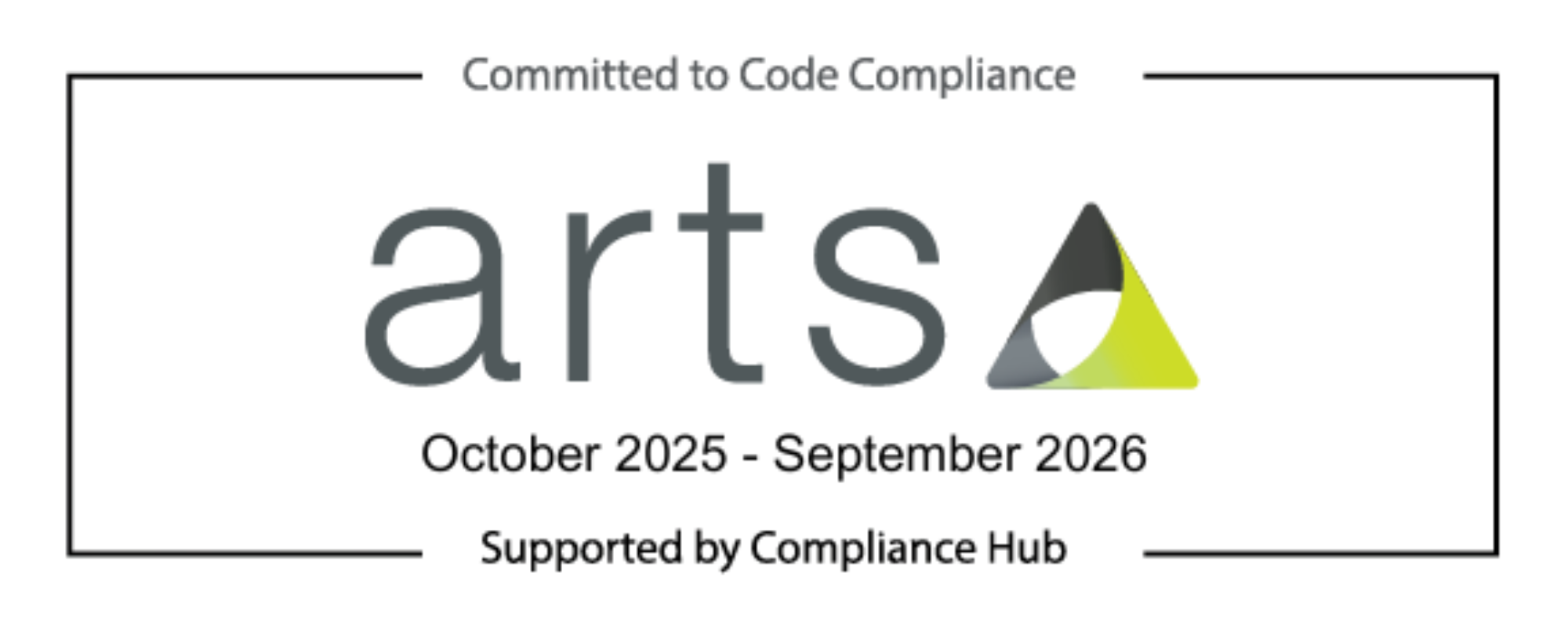Addressing the Designated Prescriber Practitioner (DPP) shortage: implications for clinical pharmacy practice in the UK
Addressing the Designated Prescriber Practitioner (DPP) shortage: implications for clinical pharmacy practice in the UK
The shortage of designated prescribing practitioners in the UK has emerged as a significant challenge in healthcare, particularly affecting the training and development of clinical pharmacy professionals. DPPs are crucial for mentoring and supervising trainee non-medical prescribers (NMPs), including clinical pharmacists, who are increasingly being integrated into primary care teams to manage workloads and enhance patient access to care.
The Role of Designated Prescribing Practitioners
DPPs are experienced prescribers responsible for overseeing the training of NMPs, ensuring they acquire the necessary skills for safe and effective prescribing. Their role encompasses guiding clinical decision-making, risk management, and professional growth, thus ensuring the quality of NMP education.
The Impact of the Shortage
The DPP shortage slows down the number of pharmacists who can be trained as prescribers, which has significant repercussions for the healthcare system. With the growing reliance on NMPs to address doctor shortages and rising healthcare demands, the reduced capacity to train new prescribers hampers the expansion of pharmacists' roles in clinical settings. Existing DPPs may also face increased pressure, managing more trainees than is feasible, potentially compromising the quality of training and leading to burnout.
The Royal Pharmaceutical Society has called for protected learning time to support the development of DPPs. By advocating for dedicated time within work schedules, it will enable DPPs to pursue ongoing professional education and training and contribute to an enhanced quality of prescribing practices.
Implications for Clinical Pharmacy Practice
For clinical pharmacy, the DPP shortage could have significant implications. Clinical pharmacists are increasingly recognised for their potential to improve patient outcomes. However, their ability to fulfil their roles hinges on their prescribing authority, which in turn depends on the availability of DPPs to facilitate their training.
The shortage may also impact the strategic goals of the NHS, which has been promoting the integration of clinical pharmacists into primary care networks. These pharmacists are expected to take on a broader range of responsibilities, including prescribing medications, managing complex patient cases, and leading medication reviews. Without enough qualified prescribers entering the workforce, these goals may be harder to achieve.
Potential Solutions and Future Directions
Addressing the DPP shortage requires a multifaceted approach. One potential solution is to broaden the pool of eligible DPPs by providing additional training and support to experienced pharmacists who may not currently act as DPPs. Additionally, policy interventions to incentivise the role, such as financial compensation, reducing administrative burdens or offering professional recognition, could attract more practitioners to become DPPs.
Another approach could involve leveraging technology. Virtual supervision, for instance, could allow DPPs to oversee more trainees without the geographic and time constraints that traditional in-person supervision imposes.
The RPS and the National Pharmacy Association have recently proposed ten recommendations to tackle the shortage. These include publishing case studies to showcase the benefits of supporting trainees, fostering local partnerships, and creating a "matchmaking" service for DPPs.
The DPP shortage presents a significant barrier to the advancement of clinical pharmacy in the UK and threatens to slow the progress of expanding pharmacist-led care in the NHS. Innovative and collaborative solutions, along with supportive policy interventions, are essential to address this issue and ensure the healthcare system can meet growing demands.


 London
London


